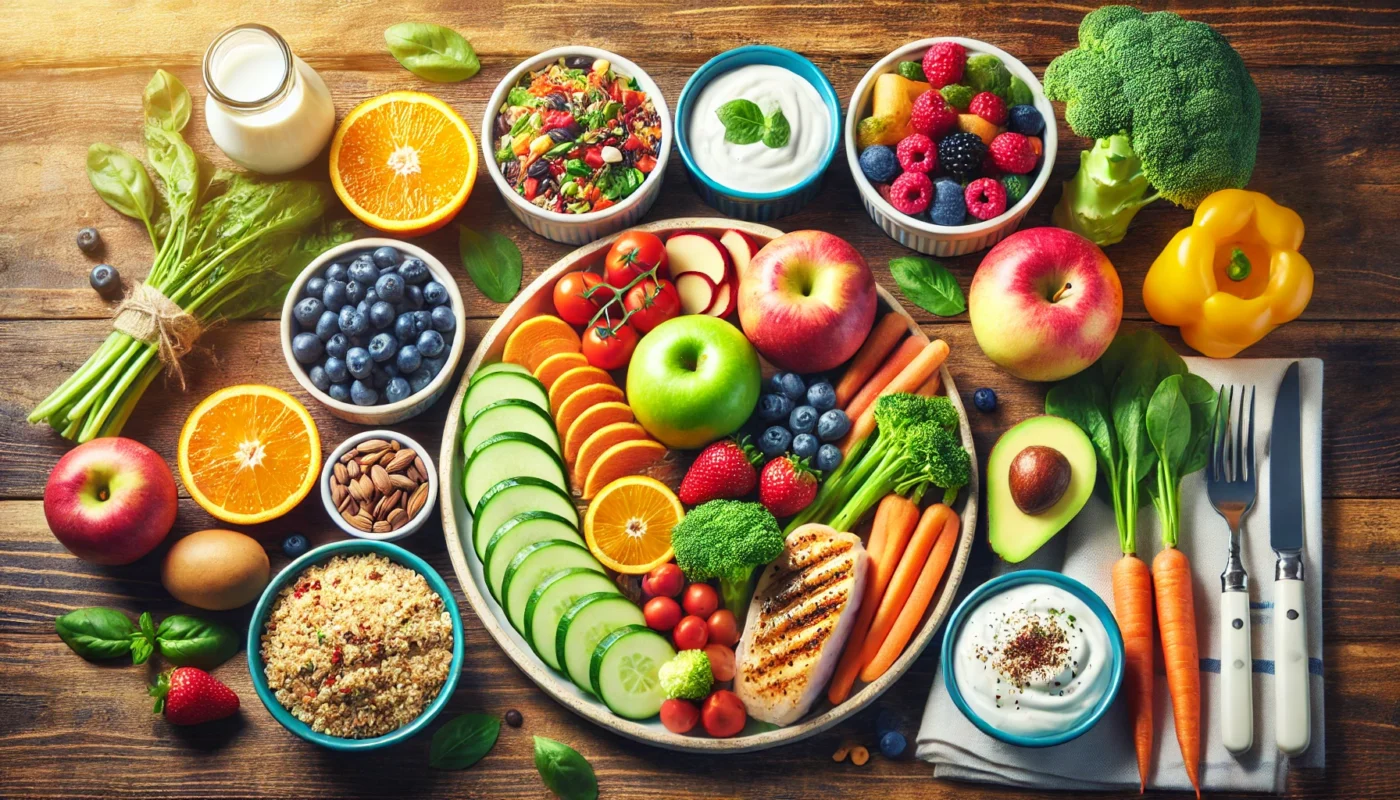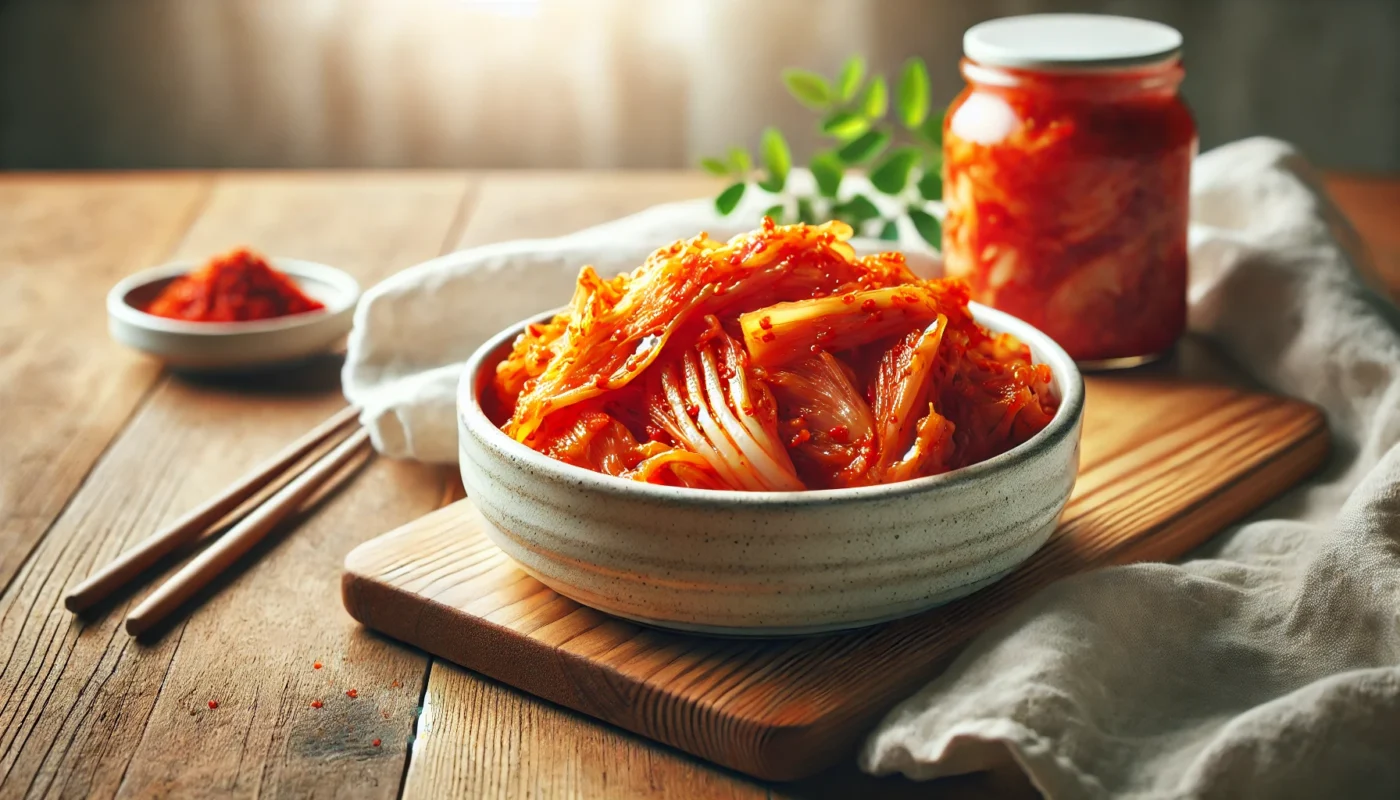Hypertension, or high blood pressure, is a condition that affects millions worldwide and significantly increases the risk of cardiovascular disease, kidney failure, and stroke. While medications are often prescribed to control hypertension, lifestyle changes, particularly dietary modifications, are critical in preventing and managing the condition. Among these, the Dietary Approaches to Stop Hypertension (DASH) diet stands out as a scientifically validated and highly effective approach. This comprehensive guide explores the DASH diet, how it works, its benefits, and its role in hypertension management, supported by research and practical strategies for implementation.
Tag Archives: Hypertension Diet
Hypertension, or high blood pressure, is one of the leading risk factors for cardiovascular disease, affecting nearly half of all adults globally. For individuals managing hypertension, diet plays a crucial role, with excessive sodium intake, unhealthy fats, and calorie-dense meals being major contributors to elevated blood pressure. Fast food, often high in these components, poses unique challenges for maintaining heart health. However, with informed choices, it is possible to enjoy dining out while minimizing the impact on blood pressure. This article provides practical tips for navigating fast-food menus, understanding the risks, and making healthier choices.
Hypertension, or high blood pressure, is a chronic condition affecting millions worldwide. It is a leading risk factor for heart disease, stroke, and kidney damage. While dietary adjustments are critical in managing hypertension, the role of artificial sweeteners in this equation is less well understood. Often promoted as healthier alternatives to sugar, artificial sweeteners are ubiquitous in diet sodas, sugar-free snacks, and other low-calorie products. But do these sugar substitutes help or hinder those with high blood pressure? This article examines the surprising impact of artificial sweeteners on hypertension, exploring the pros and cons to help you make informed dietary choices.
Hypertension, or high blood pressure, affects nearly half of adults globally, according to the World Health Organization (WHO). Characterized by a consistent reading of 130/80 mmHg or higher, hypertension significantly increases the risk of cardiovascular disease, stroke, and kidney failure. One of the most effective dietary interventions for managing hypertension is reducing sodium intake, as excessive sodium consumption is directly linked to elevated blood pressure. The American Heart Association (AHA) recommends limiting sodium intake to no more than 2,300 mg per day, with an ideal target of 1,500 mg for individuals with high blood pressure.
Hypertension, or high blood pressure, is a global health challenge affecting nearly half of the adult population, according to the World Health Organization (WHO). Managing hypertension is essential to reducing the risk of cardiovascular disease, stroke, and kidney damage. Diet plays a crucial role in regulating blood pressure, and in recent years, low-carbohydrate diets, including ketogenic (keto) eating patterns, have gained popularity for weight loss and metabolic health. However, their impact on hypertension remains a topic of debate. This article examines the relationship between low-carb diets and blood pressure, exploring whether these eating patterns help or hurt individuals managing hypertension.
Hypertension, commonly referred to as high blood pressure, affects nearly half of adults globally and is a major risk factor for heart disease, stroke, and kidney failure. While medications and lifestyle changes like exercise and stress management are often prescribed for managing hypertension, dietary choices are equally impactful. Among these, fermented foods like kimchi, sauerkraut, miso, and yogurt have gained attention for their potential in regulating blood pressure. These foods, rich in probiotics and bioactive compounds, support cardiovascular health through mechanisms such as gut microbiome modulation, inflammation reduction, and improved vascular function. This article explores the role of fermented foods in hypertension management, backed by scientific evidence.
Hypertension, or high blood pressure, is a silent yet prevalent health condition that affects over 1.28 billion adults worldwide, according to the World Health Organization (WHO). As a leading cause of cardiovascular diseases, stroke, and kidney failure, managing hypertension is a global health priority. Among various lifestyle interventions, the Mediterranean diet has emerged as a highly effective and sustainable strategy for controlling blood pressure and promoting overall heart health. Inspired by the traditional eating habits of countries bordering the Mediterranean Sea, this diet emphasizes whole, nutrient-rich foods and has been extensively studied for its cardiovascular benefits. This article explores why the Mediterranean diet is an excellent choice for managing hypertension and how it can be incorporated into daily life.
Hypertension, or high blood pressure, is a chronic condition affecting nearly half of the global adult population, according to the World Health Organization (WHO). Often referred to as the “silent killer,” hypertension is a leading risk factor for heart disease, stroke, and kidney failure. While medications and lifestyle changes are fundamental for managing this condition, dietary interventions have gained widespread attention. Among these, leafy greens like spinach, kale, arugula, and Swiss chard stand out as nutritional powerhouses that support healthy blood pressure. Rich in essential nutrients like potassium, magnesium, and nitrates, these vegetables offer natural ways to regulate blood pressure and improve cardiovascular health. This article delves into the science behind the role of leafy greens in hypertension management and offers practical tips for incorporating them into your diet.








